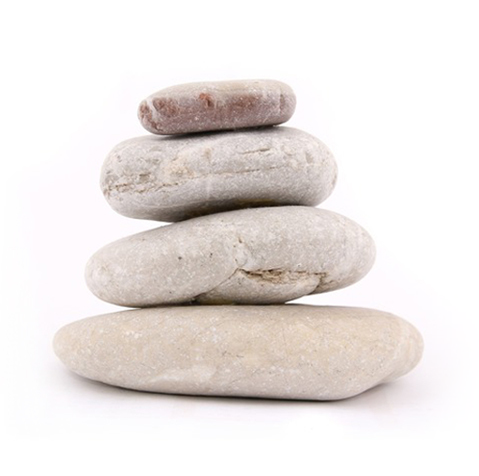About holism

Holism: The Power of Wholeness in a Fragmented World
In a world often dominated by individualism and fragmentation, the concept of holism comes as a refreshing breeze of wisdom. Holism is a philosophical approach that posits the whole is greater than the sum of its parts. It is a profound vision that recognizes all elements of a system as interconnected and influencing each other, thereby forming an integrated whole. In this blog, we delve deeper into the meaning of holism and how it can hold invaluable value in our daily lives.
## Holism in History
The term "holism" originates from the Greek word "holos," which means "whole" or "complete." While its roots can be traced back to ancient civilizations, it was in the 20th century that holism emerged as a significant philosophical movement. It gained attention in various disciplines, including biology, ecology, psychology, and sociology.
One of the pioneers of holism was the South African philosopher Jan Christiaan Smuts, who used the term to emphasize the importance of understanding complex systems. Since then, the idea of holism has influenced many thinkers, scientists, and even spiritual movements.
## Holism in Nature
One of the best examples of holism in nature is an ecosystem. In an ecosystem, various elements such as plants, animals, microorganisms, soil, and climate work together to create a balanced environment where life thrives. When one element is disrupted, it often has a domino effect on other elements within the system.
The holistic approach in ecology has taught us that as humanity, we have the responsibility to protect and preserve nature because we are an integral part of it. For instance, the extinction of a species can not only negatively impact other species but also affect the climate and overall biodiversity.
## Holism in Health
Another significant application of holism can be found in healthcare. Holistic medicine focuses not only on treating symptoms but also on understanding the person as a whole - physically, emotionally, and mentally. It recognizes that these aspects are interconnected and that an issue at one level can influence other levels.
Holism also encourages preventive measures and a healthy lifestyle to prevent diseases before they develop. It raises questions about one's diet, living environment, relationships, and life goals to gain a comprehensive picture of their health status.
## Holism in Personal Development
On a personal level, embracing a holistic approach can help us live more balanced, happier, and more fulfilled lives. It involves harmonizing different aspects of our lives, such as work, family, hobbies, health, and spiritual growth. By acknowledging how these aspects are interwoven, we can make conscious choices that promote our well-being.
In a holistic approach to personal development, self-reflection and self-awareness are also emphasized. It teaches us to see ourselves as a whole, with strengths and weaknesses, and to accept and embrace ourselves as we are.
## Holism as a Way of Life
Holism is more than just an abstract concept; it can become a way of life. It invites us to look beyond the surface and perceive the deep connections that bind everything in our universe. By embracing holism, we can cultivate a deeper appreciation for life and our role as part of a greater whole.
Let us strive for a holistic approach in our thinking and actions - in how we treat nature, how we take care of our health, and how we shape our lives. By acknowledging and nurturing our interconnectedness, we can have a positive impact on ourselves, others, and the world around us.

